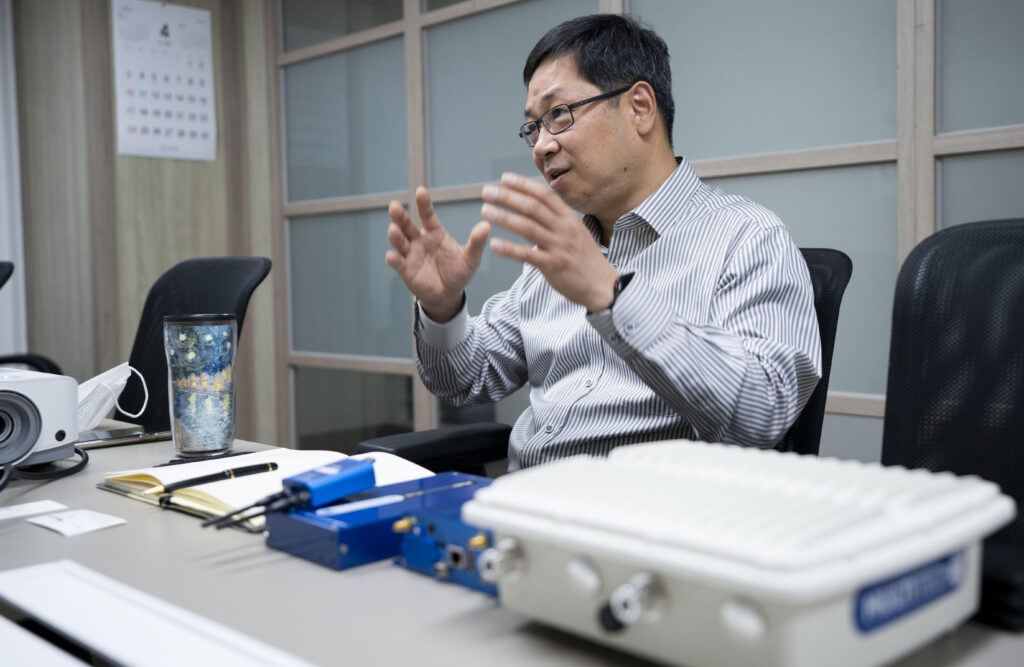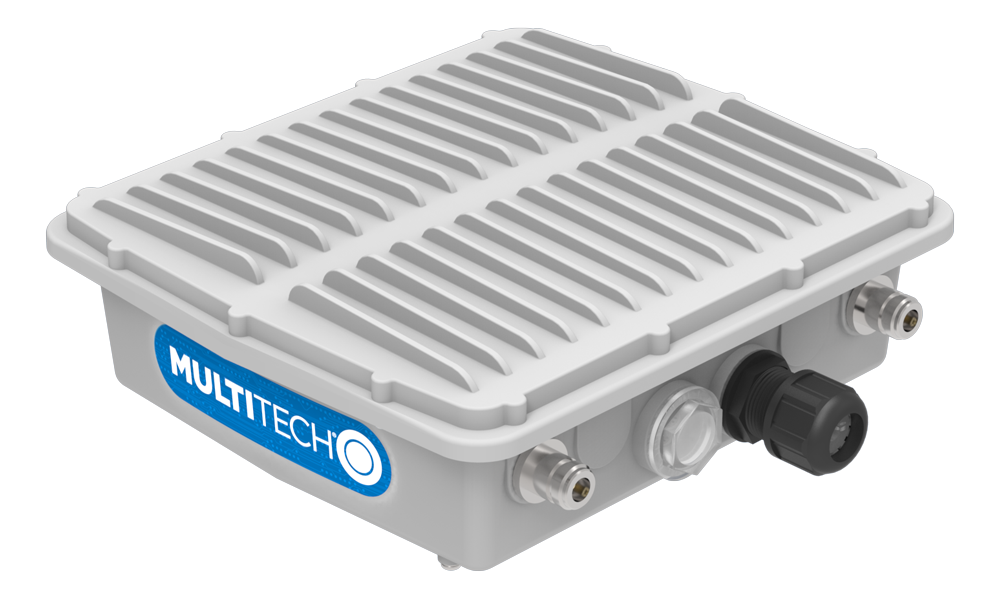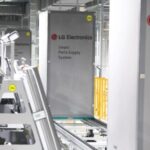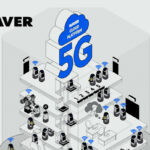ASIA ELECTRONICS INDUSTRYYOUR WINDOW TO SMART MANUFACTURING
LoRa Coexists to Complement Private 5G Network
Smart manufacturing is the name of the game in the Industry 4.0- or 5.0-driven economies, promising to streamline factory operations so intelligently that it can help not only cut down costs and improve productivity, bust also reduce human intervention to avoid human error and industrial accidents To live up to this promise, companies around the world are racing to re-calibrate their factories with IoT, AI, machine learning, sensor network, robotics, and Big Data Analytics solution to gather, analyze, monitor, and feedback various manufacturing data to intelligently manage their factory operations.
Yet, the promise has yet to become commercial realties. The typical “chicken and egg” dilemma matters again. Technology immaturity matters, too.
“Communications service carriers still have found no incentives to fully invest in the commercial rollout of 5G across factories, as the lack of killer apps won’t guarantee sizeable returns on their investments. Technologically, the 5G communication ecosystem isn’t fully mature enough to offer real-time services at an affordable price, as it has more to do with data transmission speed as well as data latency, said Lee Kyung Jun, country manager with Multi-Tech Systems.
His remarks help explain why smart manufacturing market has not been fully fledged
With the commercial rollout of the 5G technology, mobile service carriers across the world had pledged to displace LTE-based mobile IoT as well as unlicensed, low-energy and long-range communications technologies like LoRa to drive up smart manufacturing markets.
Coexist
Yet, they are finally coming to find their offerings overshooting today’s market demand for smart manufacturing system, but remaining short on future generation of demand like real-time and data-heavy operations.
True enough, LoRa and cellular-based mobile IoT (MB IoT) network are still efficient enough to meet today’s demand for smart monitoring and smart prediction, working together with a vast reach of sensor networks to gather, monitor, and analyze machine signal and visual data to measure temperature and humidity and predict what will come next.

Yet, 3G or 4G cellular-based MB IoT technology are still relatively too slow to accommodate real-time applications.
Cases in point; Muti-Tech has been working together with Yokagawa Electric Co. Ltd. of Japan to combine its LoRa gateway system with the Japanese SI vendor’s sensor hub system called as Sushi sensors. Yokogawa installs the LoRa-based sensor hub solution across a variety of industries from pharmaceuticals to petrochemicals to power plants to oil and gas rigging plants to enable factories and plants to monitor and initiate predictive trouble shooting and maintenance services.
As a SI vendor, Yokogawa Electric strings its sensor hub system with the LoRa-based gateway to enable factories to gather and analyze data on humidity, temperature, and vibration to do predictive monitoring and trouble shooting. Data are gathered through a vast reach of LoRa -based sensor hub network concentrated across factories and are sent to data center server or cloud system via Ethernet or LTE cellular network to analyze and monitor data.
LoRa Gateway for Sensor Hub
Coming built with CPU, the LoRa gateway box is a sort pf access point, or AP that does various computational and communications works to collect data and support security and GUI (graphical user interface) system. The box comes with Ethernet and cellular ports.
Yokogawa is supplying the system across the world, including Southeast Asian countries like Vietnam, Malaysia, Singapore and as far as North and South American countries.
Back in Korea, Multi-Tech is working together with Solgo Pyroelec to supply its LoRa gateway for a wide variety of factory premises.
Solgo Pyroelec Co. Ltd. has combined its sensory system and Multi-Tech’s LoRa gateway to install it across a variety of factory premises to allow its customers to detect and monitor temperature changes in the heat and thermal piping system.

Multi-Tech’s LoRa gateway is also serving as a communication hub for IoT system to measure and manage power generation at various solar power plants and smart grid system, allowing plant operators to manage electricity billing system
Multi-Tech has more product offering for smart manufacturing markets. The company has been supplying cellular LTE or 3G mobile IoT modem solution as well as CBRS private 4G and 5G modem solutions for smart manufacturing, smart grid, EV charging system, and robotics.
For example, it has been supplying cellular IoT modem solution for LG Electronics to help control and manage LG’s service and collaborative robotics.
The company has also various use cases for its cellular modem and router offerings. For example, Multi-Tech’s 4G router is being used in Schneider Electric EVlink charging station IoT system to send back and forth data to cloud severs. Marshall Electric, an industrial automation SCADA provider has partnered with Multi-Tech to embed Multi-Tech’s cellular router into its remote monitoring system as a backbone machine to machine or M2M communications system to actively gather and display information and make real-time changes to machinery, and archive valuable data for further analysis.
Looking forward, country manager Lee expects private 4G and 5G cellular networks to become secure and co-efficient backbone solution for smart manufacturing platform, coexisting with LoRa to complement each other.
Private 5G Comes Roaring
Dubbed as Citizens Broadband Radio Spectrum or CBRS, the private 4G is already using an open mid-band spectrum between 3.55-3.7 GHz in the U.S. to support connectivity demand for industrial and enterprise applications like smart manufacturing.
The private, or local 5G network is a wholly dedicated and privately-held 5G network to enable enterprises to dedicate 5G bandwidth for ultra-reliable and low latency use cases such as robotics, industrial IoT and smart building and smart factories with control over data, security and network. As it is a privately dedicated network using a licensed spectrum, it is so secure that it is rapidly emerging as a technology of choice for factories, buildings, campuses, and other large areas that require ultra-low latency and ultra-high speed connectivity.
As it will be mostly used in dedicated and limited use cases, it can provide various services at a relatively affordable price.
In Korea, Naver and LG CNS have won the local 5G spectrum licenses to offer their dedicated 5G services. For example, LG CNS plans to l build and operate a private 5G network at LG Innotek’s plant in Gumi.
With the deployments of the private 5G network across LG Innotek’s plant, LG CNS plans to enable to the electronic parts and components maker not only to detect and sort out defective products using artificial intelligence (AI) vision cameras, but also operate unmanned vehicles.
LG CNS also plans to roll out the private 5G as a backbone communications system for smart factories.




